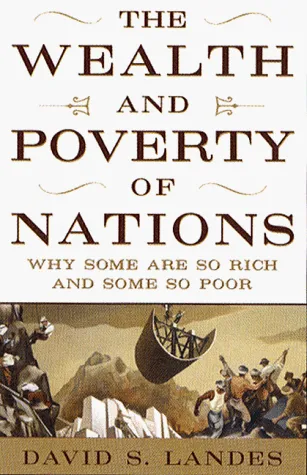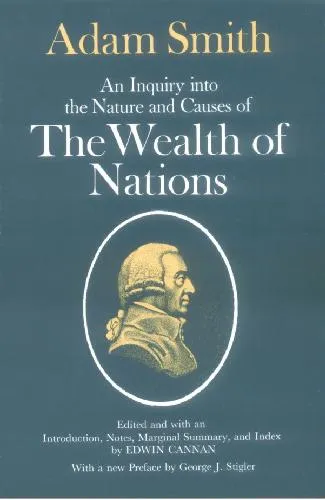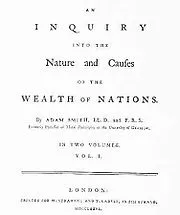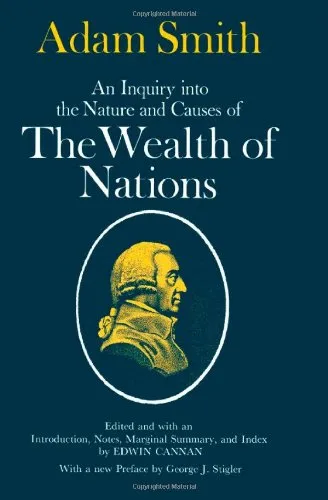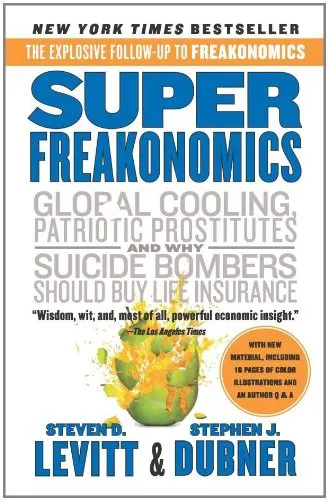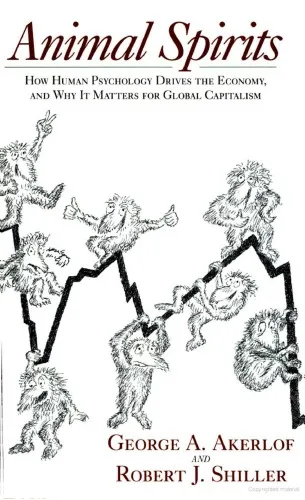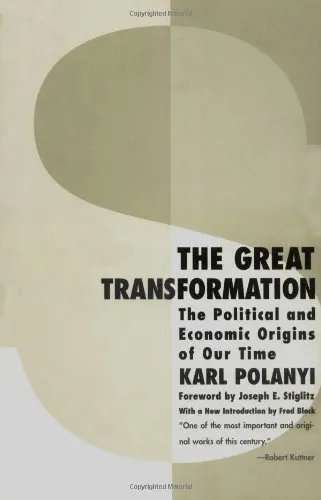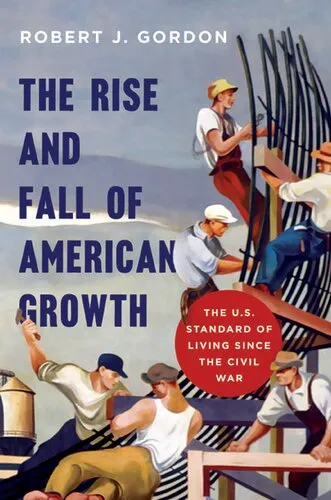The Wealth and Poverty of Nations: Why Some Are So Rich and Some So Poor
4.5
Reviews from our users

You Can Ask your questions from this book's AI after Login
Each download or ask from book AI costs 2 points. To earn more free points, please visit the Points Guide Page and complete some valuable actions.Related Refrences:
David S. Landes’ seminal work, The Wealth and Poverty of Nations: Why Some Are So Rich and Some So Poor, delves deeply into the economic histories that have shaped the global landscape. By exploring different cultural, geographical, and political paradigms, Landes imparts a rich analysis of the factors propelling some nations to wealth, while others languish in poverty. This profound investigation is critical for understanding the economic disparities that define today's world.
Detailed Summary of the Book
In this expansive text, Landes takes readers on a journey through time, illustrating how the fabric of societies is interwoven with economic threads. Starting from antiquity and threading through the Enlightenment and Industrial Revolution, he examines the catalysts that spurred Western nations to dominance. The narrative reveals the importance of innovation, geographical advantages, and socio-political factors.
Landes argues that cultural attitudes towards work, the accumulation of knowledge, and the embrace of new technologies have played pivotal roles. By comparing the economic trajectories of different nations, he showcases why Europe surged ahead during the Industrial Revolution while places like China and the Islamic world, with their early advancements, fell behind. The book further discusses the impact of colonialism, the rise of capitalism, and the globalization phenomena that continue to shape economic realities.
Key Takeaways
- Economic development is heavily influenced by cultural attitudes towards innovation and work.
- Geographical and environmental factors can significantly impact a nation's economic potential.
- Historical legacies, such as colonialism, have long-lasting economic implications.
- The role of political institutions and governance is crucial in shaping economic landscapes.
- Technology and its diffusion drive economic divergence among nations.
Famous Quotes from the Book
"If we learn anything from the history of economic development, it is that culture makes all the difference."
"We learn that resources and geography provide opportunities but it is culture that determines whether people seize and use them well."
Why This Book Matters
The The Wealth and Poverty of Nations holds vital insights for economists, historians, policymakers, and anyone interested in the underlying reasons behind global economic discrepancies. By emphasizing the intersection of culture and economics, Landes offers a unique perspective that challenges simplistic explanations based solely on geography or technology.
Moreover, the book becomes a crucial resource in today’s globalized environment, where understanding past economic patterns helps in addressing contemporary global issues like inequality and development. Landes' meticulous research and compelling narrative encourage readers to reflect on political and societal structures that foster economic growth or stagnation.
Free Direct Download
You Can Download this book after Login
Accessing books through legal platforms and public libraries not only supports the rights of authors and publishers but also contributes to the sustainability of reading culture. Before downloading, please take a moment to consider these options.
Find this book on other platforms:
WorldCat helps you find books in libraries worldwide.
See ratings, reviews, and discussions on Goodreads.
Find and buy rare or used books on AbeBooks.
1442
بازدید4.5
امتیاز0
نظر98%
رضایتReviews:
4.5
Based on 0 users review
Questions & Answers
Ask questions about this book or help others by answering
No questions yet. Be the first to ask!
